
Introduction
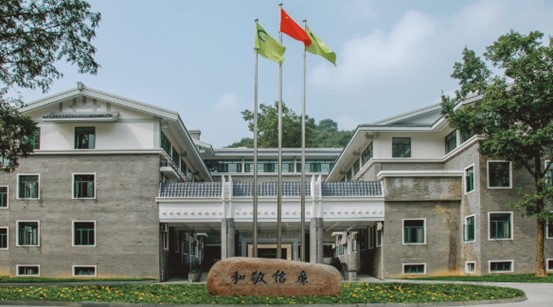
China’s national tea research institute
Founded in September, 1958 upon approval of the State Council, the Tea Research Institute of Chinese Academy of Agricultural Sciences (TRI CAAS) prides itself as the only comprehensive tea research institution at national level of China. In June, 2001, the Zhejiang-based institute was desginated as the Provincial Tea Research Academy of Zhejiang.
Focusing on frontier technologies in international tea sciences, major demand from the country's development as well as the construction of a modern tea industry for people’s rising health and wellness, TRI CAAS is dedicated to addressing major technological issues that are fundamental, nonprofit, and forward-looking in terms of the development of both the discipline and the industry. With a wide sprectrum of research subjects ranging from tea germplasm and genetic breeding, physiology and cultivation, prevention and control of pests and diseases, processing, to quality safety and risk assessment, nutrition and health, economics and culture, the institute addresses research challenges throughout the entire industry chain and has stayed ahead its peer organizations in terms of the scope of disciplines, width of research areas, as well as human capital and research strength.
Vision & Mission
“A pioneer of tea science and a powerhouse of industrial development”
Basic and applied scientific research on tea
Development of industrial technologies
Quality and safety examination
Research on tea industry and economy
Certification of organic teas
Professional vocational skills training
Publishing academic journals and books
Excellence in Tea Research
Home to the National Germplasm Hangzhou Tea Repository, world’s largest tea germplasm bank, TRI CAAS preserves over 3,700 different tea germplasms collected from home and abroad. By the end of 2021, the institute has bred 31 national-registered tea cultivars and obtained Nationsl New Varieties Right for 37 of its varieties, among which Longjing 43 is the most planted one in China. Together, these cultivars have become a direct contribution to the country’s agenda of improving varieties and restructuring tea the industry.
Yield-increasing cultivation techniques and indicators developed at the institute have provided foundation for cultivation in modern tea plantations in China. Eco-friendly and efficient tea production is made possible with digital pest traps and reduced use of chemical fertilizers; technologies and producst such as quick testing of pesticide residues have largely contributed to the quality and safety of tea.
Oriented towards higher quality, less energy consumption, and tailored processing of tea products, TRI CAAS has developed a host of innovative technologies and equipment including mechanized processing of premium tea, automatic production line for Congou black tea, low-oxygen cold rolling units. Deep processing technologies and products such as high-quality instant tea powder, facial masks, sunscreen lotions and hand creams have been developed and introduced to the market.
Departments and People
TRI CAAS currently has 5 administrative departments and 8 research departments. Altogether 10 innovation teams have been formed since the CAAS started the Agricultural Science and Technology Innovative Program (ASTIP). The Innovation Teams are developing into a group of talent led by chief scientists who are the pacemakers on their each subject, and staffed with scientists who have won honorary titles of outstanding talents of provincial or ministerial level as backbone and young scientists as research assistants.
Since its founding, TRI CASS has adhered to the strategy of invigorating the institute through human resource development and trained a large number of professional scientists. The institute now has a total of 287 employees, including 1 academician of the Chinese Academy of Engineering (CAE), 101 professors, and 19 postdoctoral fellows. There are over 150 master and PhD candidates, as well as international students and visiting scholars from countries such as Bangladesh, Egypt, and Pakistan.
Cooperation & Partnerships
TRI CAAS benefits from its international network of partnership and extensive cooperation with colleges and universities, tea research organisations, business, and government departments both in and outside of China.
Since the 1960s, the institute has been providing technical aids and promoting capacity building in developing countries including Pakistan, Guinea, and Mali, and carried out exchanges with international partners in Germany, Japan, Kenya, Sri Lanka, the US, etc. Several joint laboratories have been established to facilitate collaboration in key areas with strategic partners.
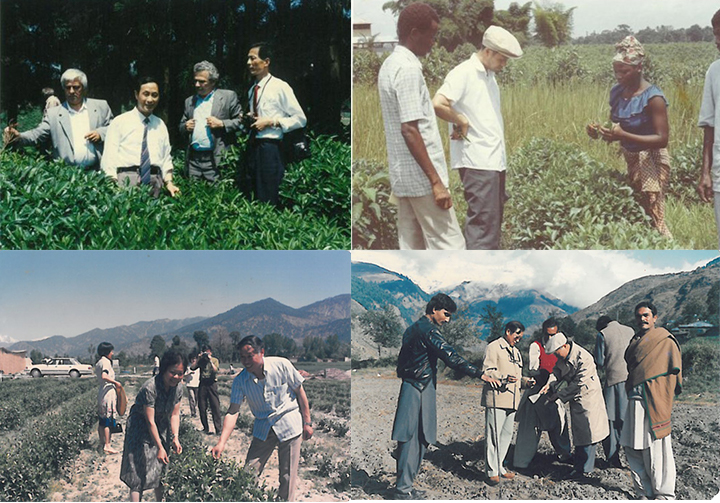
With an expanding international influence, the institute has also hosted some international conferences such as the International Symposium on the Tea Industry and Global Forum for Directors of Tea Research Institutes, and has participated in major tea events like the China International Tea Expo.
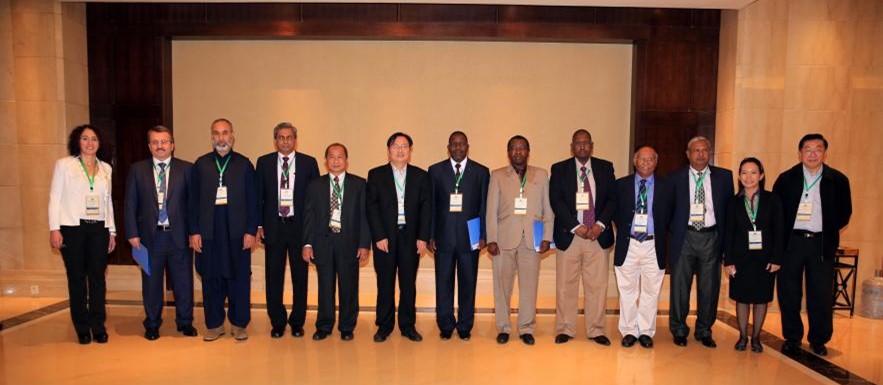
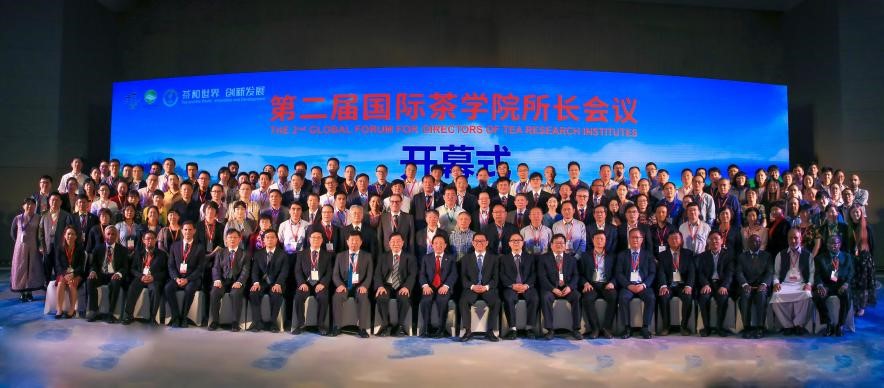
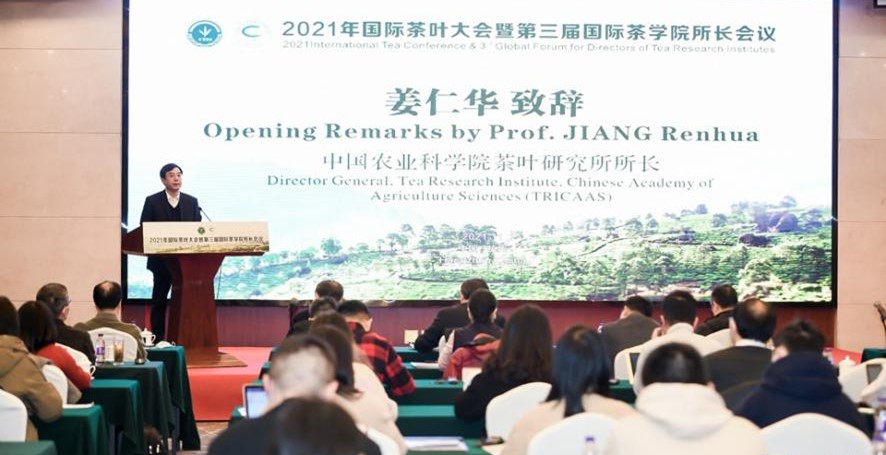
Domestically, TRI CAAS has took the lead in building the National Technology System for Tea Industry and the Tea Industry Innovation Alliance of China, which enables coordinated innovation between domestic organisations and institutions in the field of tea. The affiliated China Tea Science Society, a national first-class academic social organisation, has gained the institute the high ground in tea science innovation, leading and supporting rapid development of the industry.
Facilities & Infrastructure
TRI CAAS now has 4 experimental bases, altogether covering an area of 47.8 acres.
Comprehensive Experimental Base in Shengzhou, Zhejiang Province
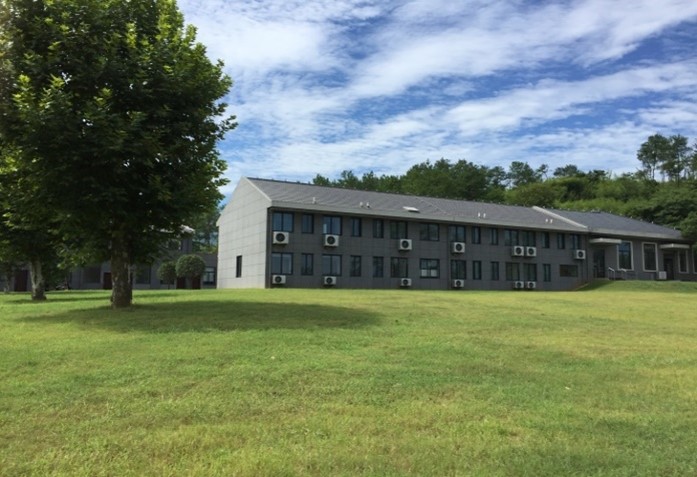
Experimental Base in Dehong, Yunnan Province
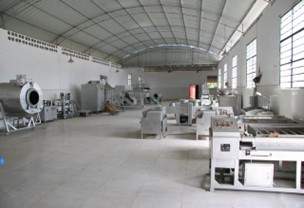
Experimental Base in Chun’an, Zhejiang Province

Experimental Base at TRICAAS headquater in Hangzhou, Zhejiang Province
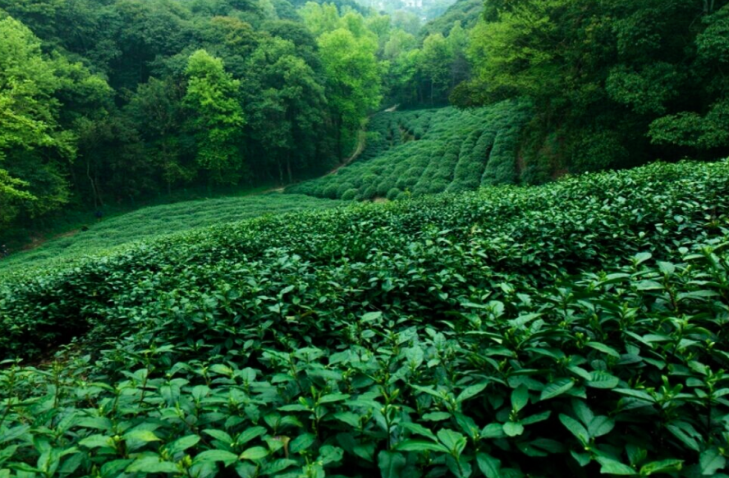
The institute also has 1 scientific and technological innovation platform at national level, 15 at provincial/ministerial level, and 3 designated by the Chinese Academy of Agricultural Sciences (CAAS).
Copyright©2018,Tea Research Institute,Chinese Academy of Agricultural Science All Rights Reserved.